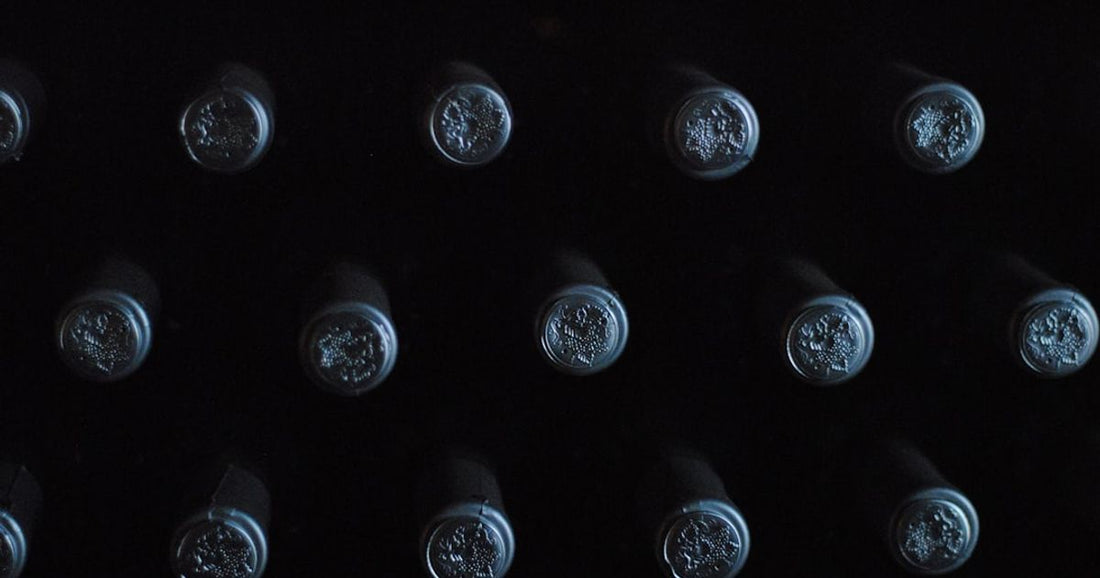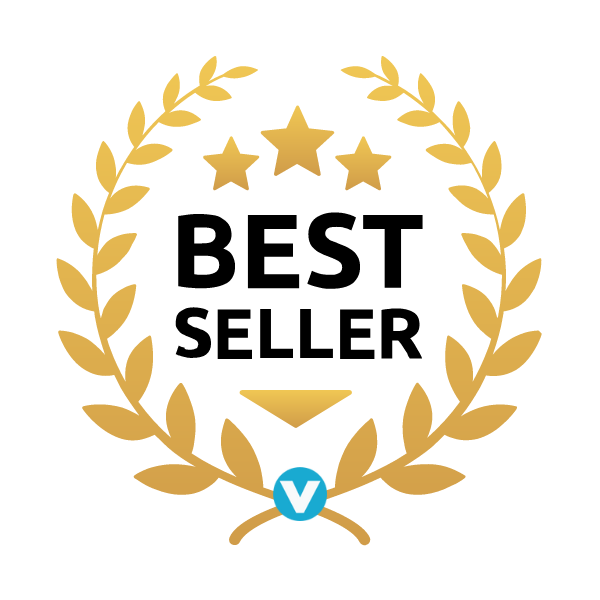
Blending Wine and Technology in Education
Share
In the world of wine, tradition and technology seem to stand on opposite ends of the spectrum. Yet, as we delve deeper into the 21st century, the fusion of these two realms is not only becoming more common but also more essential. The realm of wine education, in particular, has seen a revolutionary shift thanks to the advent of cutting-edge technology. What was once a field dominated by in-person tastings and thick, dusty textbooks is now being transformed into an interactive, immersive learning experience accessible to enthusiasts across the globe. This article explores how technology is revolutionizing wine education, making it more dynamic, engaging, and accessible than ever before.
Blending Tradition with Innovation: The New Age of Wine Education
The marriage of wine and technology in the sphere of education is not just about replacing old methods with new. It's about enhancing and expanding the learning experience in ways that were previously unimaginable. From virtual reality vineyard tours to AI-powered sommelier courses, technology is opening up a world of possibilities for both novices and connoisseurs alike.
Key Takeaways
- Accessibility: Technology has made wine education more accessible, breaking down geographical and financial barriers.
- Engagement: Interactive tools and platforms make learning about wine more engaging and less intimidating.
- Personalization: AI and machine learning offer personalized learning experiences, catering to individual tastes and learning paces.
Virtual Reality and Augmented Reality: Immersive Learning Experiences
Imagine walking through a vineyard in Bordeaux, feeling the sun on your face, and hearing the crunch of gravel underfoot—all from the comfort of your own home. Virtual Reality (VR) and Augmented Reality (AR) technologies are making this possible, offering immersive experiences that transport wine enthusiasts to the heart of wine country without the need for travel. These technologies not only provide a visual and sensory journey but also allow learners to interact with their environment, learning about different grape varieties, winemaking processes, and the terroir that shapes a wine's character.
Augmented reality apps are taking wine labels to the next level. By scanning a bottle's label with a smartphone, users can access a wealth of information about the wine, from the winemaker's notes to food pairing suggestions. This not only enhances the learning experience but also makes selecting the perfect bottle more informed and enjoyable.
Online Courses and Mobile Apps: Learning at Your Fingertips
The rise of online courses and mobile apps has democratized wine education, making it accessible to anyone with an internet connection. Platforms like Coursera and Udemy offer courses taught by industry experts, covering everything from the basics of wine tasting to advanced sommelier training. These courses often include interactive quizzes, forums for discussion with peers and instructors, and even virtual tastings.
Mobile apps, on the other hand, provide a more casual learning experience. Apps like Vivino allow users to rate and review wines, track their tasting history, and receive recommendations based on their preferences. This not only helps build a personal wine profile but also connects enthusiasts with a global community of like-minded individuals.
The Role of Artificial Intelligence in Personalized Wine Education
As AI technology continues to evolve, its application in wine education is becoming increasingly sophisticated. From personalized wine recommendations to AI-driven taste profiles, technology is making the learning process more tailored to the individual's preferences and learning style.
AI-Powered Sommelier Programs
AI-powered sommelier programs are revolutionizing the way enthusiasts learn about wine pairing and selection. These programs analyze an individual's taste preferences and recommend wines that match their profile. They can also suggest food pairings, taking into account the complexity, acidity, and flavor profiles of both the wine and the dish. This not only educates the user about the principles of wine pairing but also encourages exploration and experimentation.
Machine Learning and Taste Profiling
Machine learning algorithms are capable of analyzing vast amounts of data to identify patterns and preferences in wine tasting. By inputting their tasting notes and ratings into an app, users can receive a detailed analysis of their taste profile, including preferred grape varieties, regions, and styles. This personalized approach to wine education helps enthusiasts understand their own palates better and guides them in exploring new wines that align with their tastes.
The Future of Wine Education: What Lies Ahead?
As technology continues to advance, the future of wine education looks brighter and more exciting than ever. We can expect to see even more innovative tools and platforms designed to make learning about wine a truly interactive and personalized experience. Whether it's through augmented reality vineyard tours, AI-driven sommelier programs, or virtual reality tastings, technology is set to deepen our understanding and appreciation of wine in ways we can only begin to imagine.
However, it's important to remember that technology is not a replacement for the richness of real-life experiences. Instead, it should be seen as a complement, enhancing traditional methods of wine education and opening up new avenues for exploration and discovery.
For those interested in delving deeper into the world of wine, consider exploring articles on our blog such as "The Role of Wine Clubs in Wine Education", "Developing a Systematic Approach to Wine Tasting", and "Beginner's Guide to Wine Education". Each of these articles offers valuable insights and tips for enhancing your wine education journey.
In conclusion, the blending of wine and technology in education is not just a passing trend but a transformative movement that is reshaping how we learn about and experience wine. By embracing these technological advancements, we can enrich our knowledge, refine our palates, and connect with a global community of wine lovers. The future of wine education is here, and it's more accessible, engaging, and personalized than ever before.



